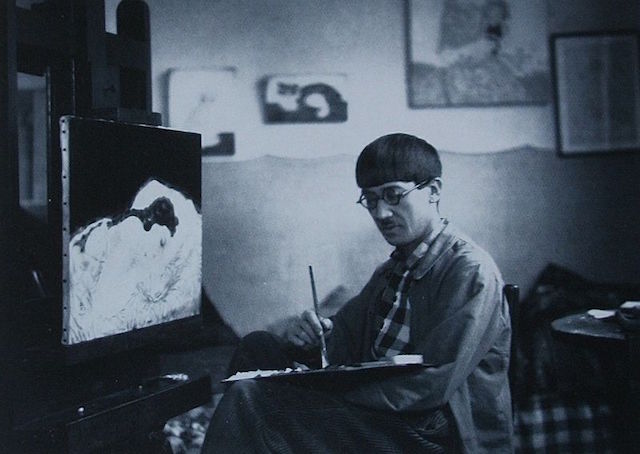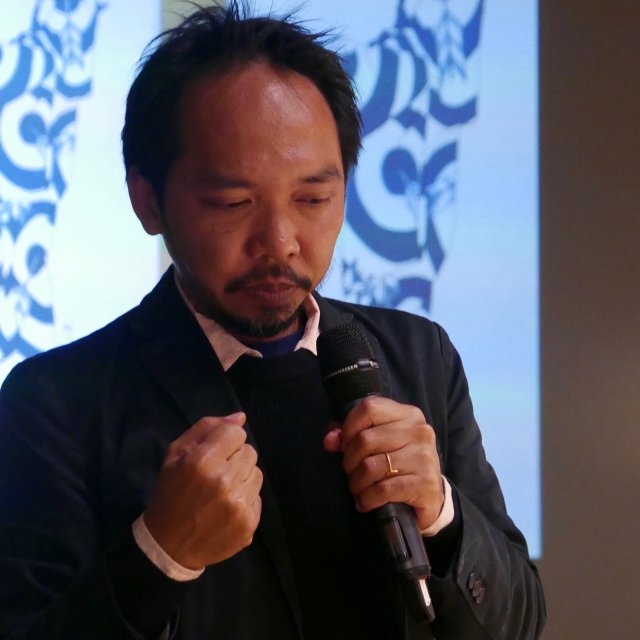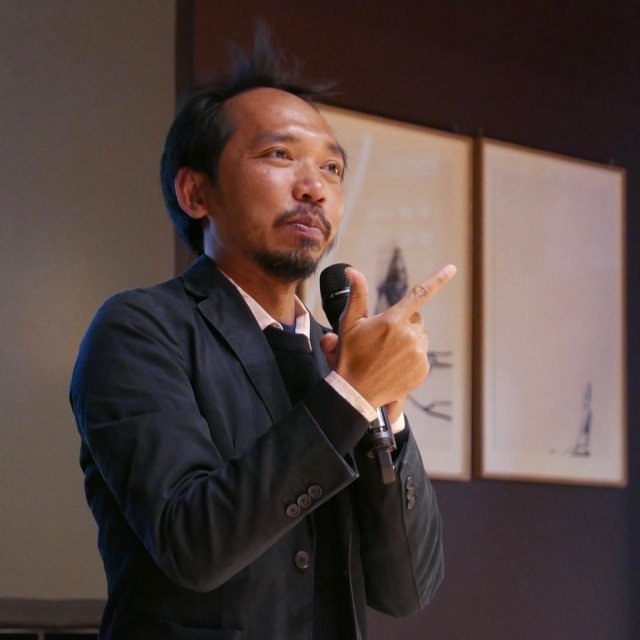Research grant & residency : Global South(s) Professorship at the Maison des Sciences de l’Homme
Together with the Global South(s) Chair at the Collège d’Etudes Mondiales, Maison des Sciences de l’Homme in Paris (held by Françoise Vergès), Villa Vassilieff launched a six-weeks research residency program for researchers in human and social sciences who are based outside of France. This call-out is equally open to artists. On the one hand, the resident works with Global South(s) Professorship directed by Françoise Vergès, and on the other with the Villa Vassilieff team, with a research in the framework of the general scientific direction of the Collège d’études mondiales, or to develop a research project fitting with the Collège d’études mondiales policy, and more specifically with at least one of the following topics developed by the Global South(s) Professorship: the circulation of ideas and the modalities of artistic and cultural production between Europe and the world; the different modalities of representation of « the other » studied from a critical perspective.
Villa Vassilieff covers travel costs for the researcher and the Collège d’études mondiales provides a 3 300 euros grant for a 6 weeks research.
The resident has access to the rich network of academic and artistic institutions built by Villa Vassilieff and Maison des Sciences de l’Homme, and will be offered a customized guidance through meetings with researchers and art professionals. The resident will also benefit from the various research programs developed by Villa Vassilieff with museums, public and private archives, universities - such as the inter-university network Usages des Patrimoines Numérisés, of which Villa Vassilieff has an active role - or art schools; those programs focus on rarely explored ressources. Residents will be invited to contribute to the Collège d’études mondiales and Villa Vassilieff respective events programs.
Call for candidates is closed for 2017. The next call will be published in Spring 2017
GRANT HOLDER 2017: ANTARIKSA
Indonesian researcher Antariksa (Kunci Cultural Studies Center) will be the grant beneficiary for 2017.

- Portrait de Tsuguharu Foujita par Jean Agélou.
Antariksa is a historian and co-founding member of KUNCI Cultural Studies
Centre, Yogyakarta, Indonesia—a research collective focusing on critical
knowledge production, research-action, and vernacular education. He is the author
of Tuan Tanah Kawin Muda: Hubungan LEKRA-Seni Rupa 1950-1965 [Tuan
Tanah Kawin Muda: The relation between art and the Institute of People’s Culture
1950-1965] (CAF/IVAA, 2005). His primary research is on art and mobility of
ideas in Japanese-occupied Southeast Asia. He is now working on his new book
日本占領期のインドネシアにおけるアート集団主義 [Art collectivism in
Japanese-occupied Indonesia] (Kyushu University Press, 2017). Antariksa is
currently Associate Fellow of the Institute of Southeast Asian Studies (ISEAS)-
Yusof Ishak Institute, Singapore.
"My research in Paris is a continuation of my ongoing study into art collectivism in
Japanese-occupied Indonesia, based on archival research and oral history
interview in Indonesia, Japan, the Netherlands and Singapore. My research seeks
to collect and to analyze archives (art school archives, exhibition catalogues,
photographs, and so on) in order to better understand Japanese war artists’ (Fujita
Tsuguharu, Miyamoto Saburō, Mukai Junkichi, Inokuma Gen’ichirō, and Ihara
Usaburō among others) experience in Paris and their interaction with artists’
communities and collectives in Paris. I seek to track the transmission of ‘Western’
aesthetics from Paris to Japan to Indonesia and how this has traveled and
influenced the idea of aesthetics and our visual memory of wartime Japan and
Indonesia."


The Fondation Maison des Sciences de l’Homme (FMSH) was set up in 1963 by historian Fernand Braudel to promote the study of human societies and research into social and human sciences (SHS), in relation with other disciplines.
Its primary mission is to foster the internationalisation of SHS research by encouraging the mobility and hosting of researchers, developing interdisciplinary and collaborative research projects, disseminating knowledge and promoting research.
It houses and promotes collective research infrastructures and instruments as well as national institutional SHS networks. One of its aims is to host sheltered foundations that share close ties with its social purpose.
A private foundation recognised for its service to the public (FRUP), the FMSH receives funding to carry out its activities related to its missions on a non-profit basis.
The Collège d’études mondiales (School of World Studies), created in 2011 by sociologist Michel Wieviorka, is an academic centre for the development of projects by international researchers in a firmly multidisciplinary environment.
It promotes new ways of thinking and working: research conducted by the philosopher and the economist, the doctor and the political analyst, the literary expert and the anthropologist all provide mutual stimulation for understanding the changes at play in the contemporary world.
The School’s scientific activity is organised around three key areas: "New norms and institutions", "Rethinking social justice" and "Subjectivities: production and knowledge", designed to study these changes, be they individual or systemic.
The School programme is composed of chairs, initiatives (programme incubation) and research seminars.
Partager